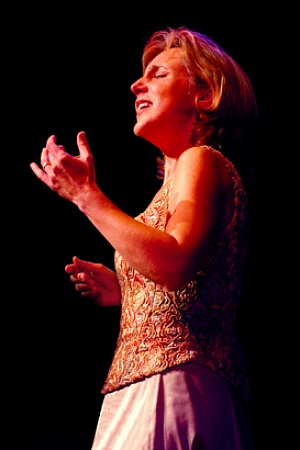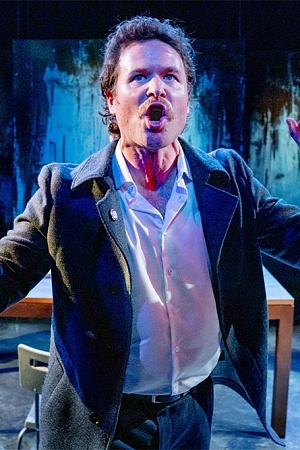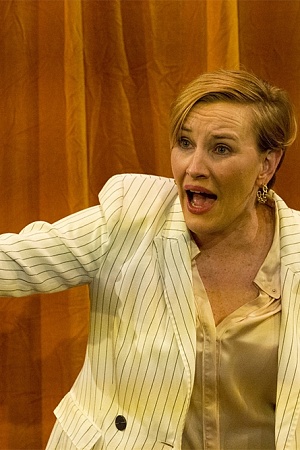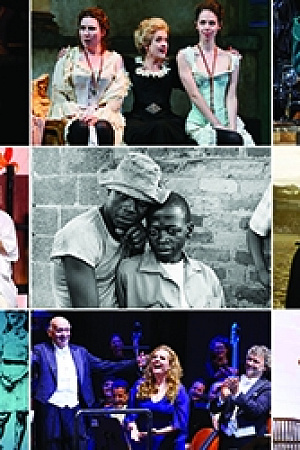Norma (Metropolitan Opera) ★★
Vincenzo Bellini’s Norma elicits the ultimate rose-tinted nostalgia in ageing opera aficionados. Operagoers of my generation wax lyrical about Joan Sutherland and Montserrat Caballé in their prime, while making disparaging remarks about present singers. We in turn were bored by ancients who admitted that La Callas wasn’t too bad but advised us that we should have heard Rosa Ponselle or Lilli Lehmann. I am sure the same routine was repeated all the way back to Giuditta Pasta, for whose 1831 La Scala début the opera was written.
On one thing divas and fans agree. Norma is one of the most demanding, if not the most demanding, roles in the soprano repertoire. It requires a voice of power and flexibility, an understanding and mastery of the bel canto style, a commanding presence, abundant energy, and great acting skills. The aforementioned Lilli Lehmann spoke for all her fellow divas when she said that singing Norma was more exhausting than all three Brünnhildes and ‘ten times more exacting than [Beethoven’s] Leonore’.
Continue reading for only $10 per month. Subscribe and gain full access to Australian Book Review. Already a subscriber? Sign in. If you need assistance, feel free to contact us.











Leave a comment
If you are an ABR subscriber, you will need to sign in to post a comment.
If you have forgotten your sign in details, or if you receive an error message when trying to submit your comment, please email your comment (and the name of the article to which it relates) to ABR Comments. We will review your comment and, subject to approval, we will post it under your name.
Please note that all comments must be approved by ABR and comply with our Terms & Conditions.